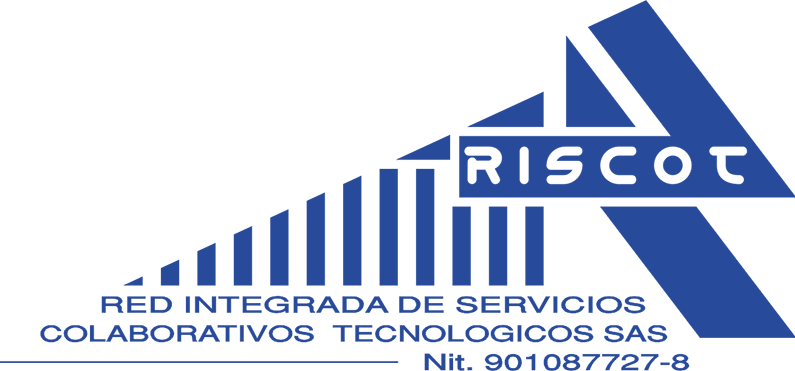Treatment and Recovery National Institute on Drug Abuse NIDA
This term encompasses a wide range of mental health conditions, such as anxiety disorders, mood disorders, personality disorders, and more. In summary, decoding addiction terminology is an essential step in comprehending the multifaceted https://udota.net/pop/1402-radio-record-club-3-2015.html nature of addiction and the recovery process. By understanding addiction terms, individuals can better articulate their experiences, communicate effectively, and make informed decisions on their journey toward recovery.

Physical Relapse

It may seem like a contradiction, but medication can be a useful tool to help individuals recover from substance use disorders. Below are a few medications mentioned in interactions with a care team. During detox, the body goes through a process of eliminating the substance and adjusting to its absence. https://www.litkonkurs.ru/page/13435/?dr=auth_abc.php This process can result in withdrawal symptoms, which can range from mild to severe depending on the substance and the individual’s level of dependency. Medical professionals may provide medications and supportive care to help manage these symptoms and ensure a safe detoxification process.
Breaking down the gateway drug myth: Uncover the truth about drug progression and prevention strategies.
- There are several other ways in which recovery can be defined – some, for example, mention the resolution of a substance use problem, while others specify abstinence.
- Born out of the principles, practices, and structure of Alcoholics Anonymous (AA), Narcotics Anonymous is an international fellowship for individuals with problematic drug use.
- Groups are based on the 12-step principles of Alcoholics Anonymous (AA), and have attendees share stories and build supportive networks to help one another cope with the difficulties of having a loved one experience an alcohol use disorder.
- Studies show that craving has a distinct timetable—there is a rise and fall of craving.
- External or internal cues that cause a person in recovery to crave drugs and perhaps even relapse.
- It involves the process of clearing the body of drugs or alcohol that an individual has consumed.
This term recognizes the interconnectedness between addiction and mental health, as individuals with substance use disorders often experience co-occurring mental health issues. The role of a support system cannot be overstated, as it acts as a foundation for long-term sobriety and a source of strength during the challenges of addiction recovery. Support systems act as a lifeline for individuals facing challenges in recovery, offering emotional and psychological support during difficult times. Family, friends, and support groups provide a network of individuals who can listen, empathize, and provide guidance.
- This term recognizes the interconnectedness between addiction and mental health, as individuals with substance use disorders often experience co-occurring mental health issues.
- Utilizing a comprehensive glossary can greatly aid in this endeavor by providing clear definitions and explanations of key addiction terms.
- An ongoing process used to determine the medical, psychological, and social needs of individuals with substance-related conditions and problems.
Clean and Sober Reel to Real Series Beyond the Story at Ridgefield Playhouse
Originally, narcotic referred to psychoactive compounds with sleep inducing properties (typically opioids such as heroin). In moderate doses, narcotics will dull the senses, relieve pain, and induce sleep. An evidence-based treatment developed in the 1980s based on Cognitive Behavioral Therapy (CBT) and Motivational Interviewing/Motivational Enhancement Therapy (MI/MET).
- Al-Anon [2] members learn to reclaim their lives by focusing on themselves, building on their strengths, and asking for and accepting help such as recovery coaching.
- However, this term does not meet the World Health Organization (WHO) International Classification of Diseases (ICD-10) diagnostic criteria for dependence, which would include at lease one psychological component.
- For people with addictions to drugs like stimulants or cannabis, no medications are currently available to assist in treatment, so treatment consists of behavioral therapies.
- Emotional and psychological support from the support system can significantly contribute to an individual’s well-being and success in recovery [3].
Counselors may select from a menu of services that meet the specific medical, mental, social, occupational, family, and legal needs of their patients to help in their recovery. Research shows that when treating addictions to opioids (prescription pain relievers or drugs like heroin or fentanyl), medication should be the first line of treatment, usually combined with some form of behavioral therapy or counseling. Medications are also available to help treat addiction to alcohol and nicotine. The chronic nature of addiction means that for some people relapse, or a return to drug use after an attempt to stop, can be part of the process, but newer treatments are designed to help with relapse prevention.
Functional Alcoholic
A drug made from the opium poppy plant, that activates the reward centers of the brain to produce sensations of euphoria. Heroin can also produce alterations in consciousness, sensations of heaviness, decreases in mental function, nausea, dry mouth, intense itching, increased body temperature, coma or death. In the United States, drugs are classified into 5 groups known as ‘schedules.’ These 5 schedules determine the https://www.zel-veter.ru/news/view/275 medical and legal status of a substance. There are several “disease models,” but addiction is widely considered a complex disease with biological, neurobiological, genetic, and environmental influences among clinical scientists. The ability of one drug to prevent the withdrawal symptoms of one’s physical dependence on another. Slang term for the abrupt and complete cessation in intake of an addictive substance.

